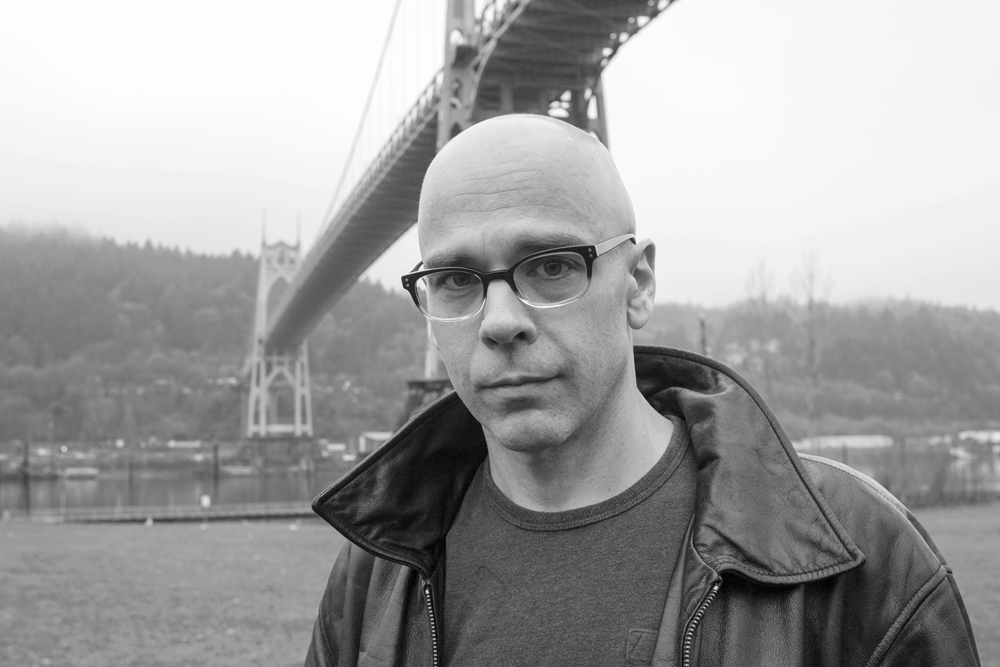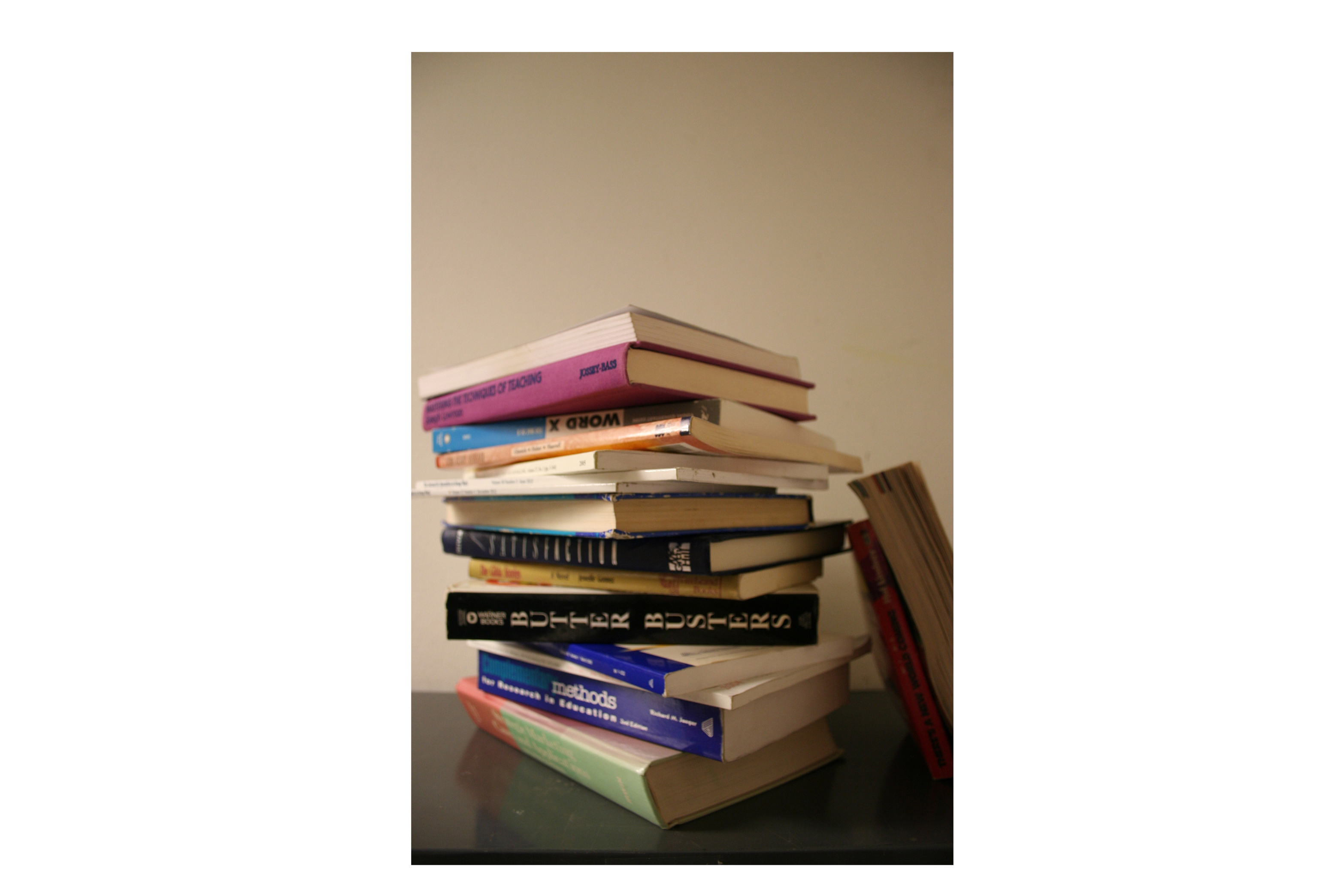Steven Pinker, an experimental psychologist at Harvard University and popular writer on language, the mind and human nature, came to Powell’s Books on Wednesday, Oct. 7, to promote his book, The Sense of Style.
His short list of achievements is long: ten books (four of which won awards), eight honorary doctorates, teaching awards at the best universities in the country (Stanford, MIT and Harvard), the title of one of “The 100 Most Influential People in the World Today” by TIME magazine and—what perhaps carries the most cultural cachet these days—he’s been a guest on The Colbert Report three times.
In person, Pinker is trim and sharply dressed in a crisp suit, accented by a slender maroon tie and pointed leather boots. A helmet of Zeus-like wavy curls frames his raised brows, expansive smile, high rosy cheeks and soft eyes.
With a plethora of style guides available now, including many “classics” like Strunk and White’s The Elements of Style, Pinker aimed to do something different.
“The existing style manuals tend to be written by journalists and professional writers who have their own ear for language, but really don’t have any systematic understanding of how language works,” Pinker said. “How the human mind processes language in reading, and how the language itself works for the logic of grammar, or how the language changes over time.”
If that sounds dry and boring, his presentation at Powell’s was anything but. In fact, one young audience member, Nikolay Mitkov, was very impressed.
“This was mind-blowing,” Mitkov said.
English is Mitkov’s second language (Odessian being his first), and Pinker was able to explain grammar rules and the history of English in a way that was not only accessible and understandable, but entertaining.
Between the visual aids on the screen, examples from popular culture—including humorous bipartisan political gaffes—and his own clever wordplay, the room’s attention was securely in his hands. Frequent rolls of laughter punctuated Pinker’s polished performance.
His case for clear prose was not just aimed at writers, but for anyone who writes—from job applications to dating profiles. And he’s not the stereotypical, obnoxious, cranky grammar Nazi ever-blaming the decline of civilization on texting and Twitter. In fact, he’s eager to refute claims that our current “incorrect” use of language suggests people are getting stupider.
“There is no evidence that the quality of careful writing has declined,” Pinker said. “We also know from studies of commentary on language that, in every era, people have complained about the decline of language and they always blame it on young people.”
This non-dogmatic approach to language is likely responsible for his success with popular audiences, whom he enjoys connecting with on tour, when many authors complain about it.
“I spent years writing the book,” Pinker said. “How can I complain about people who want to hear about it and read it?”
And audiences enjoy him too.
“The response has been tremendous,” Pinker said. “People laugh at the jokes, they sign up to buy the book, get selfies and signatures.”
With an already impressive and, by any definition, successful career, Pinker is still looking forward to new projects.
“I would like to make the case for science, reason and humanism as a source of meaning and value,” Pinker said. “I think that people underestimate the extent to which science and reason and technology have improved the lives of billions of people.”
His unwavering ambition might give the impression that he makes no time for anything else, but that’s not the case.
“I certainly like the outdoors,” Pinker said. “I am something of a fanatic at photography. And I like spending time with my wife, Rebecca Goldenstein.”
Goldenstein is also a prolific, bestselling author.
The event at Powell’s wrapped up with a period of questions and answers, many of which he’d clearly been asked countless times. But he managed to keep his responses fresh, and when asked if he corrects his friends’ grammar, Pinker responded succinctly with a smile: “I’m Canadian. I’m too polite for that.”






